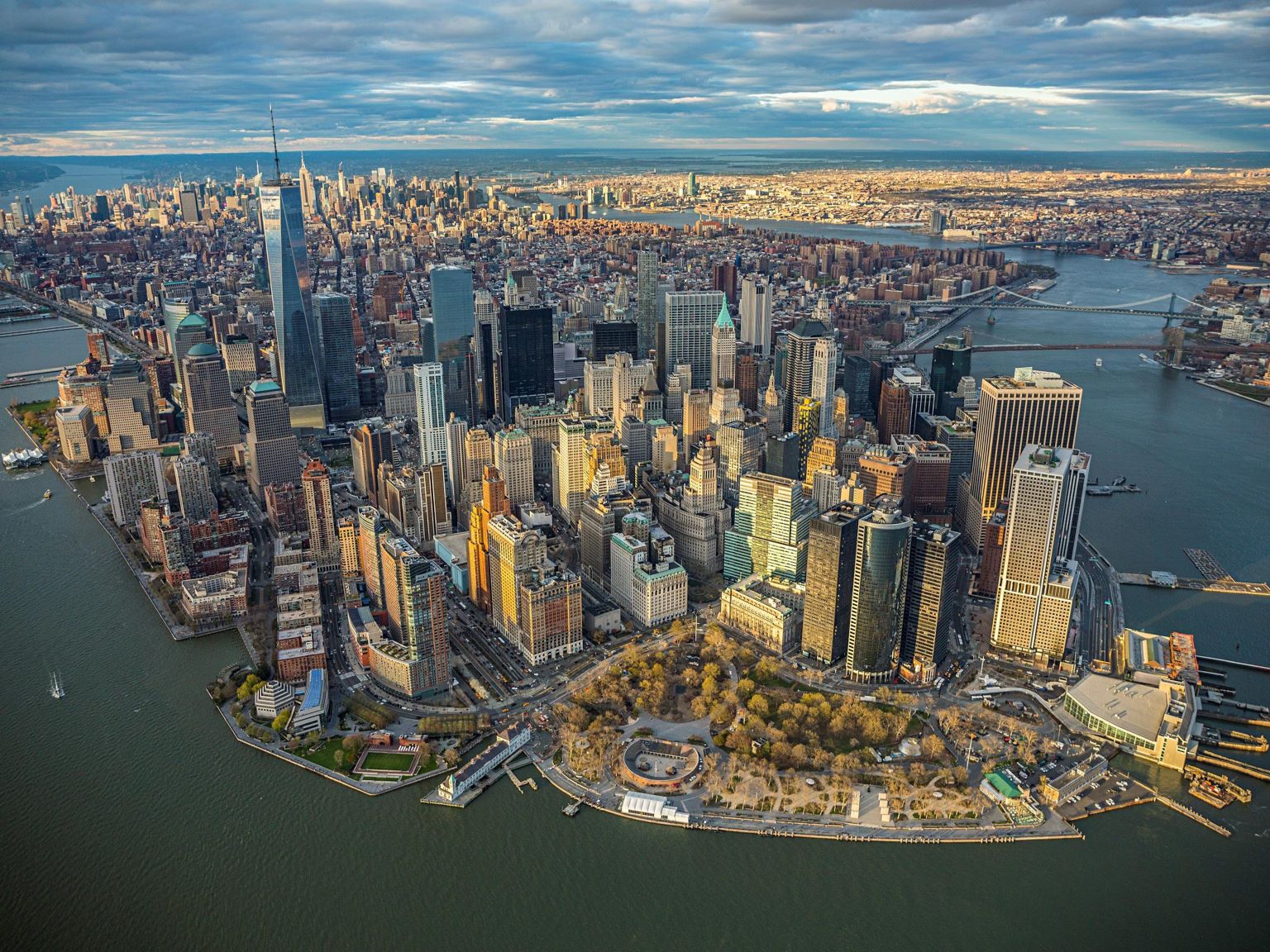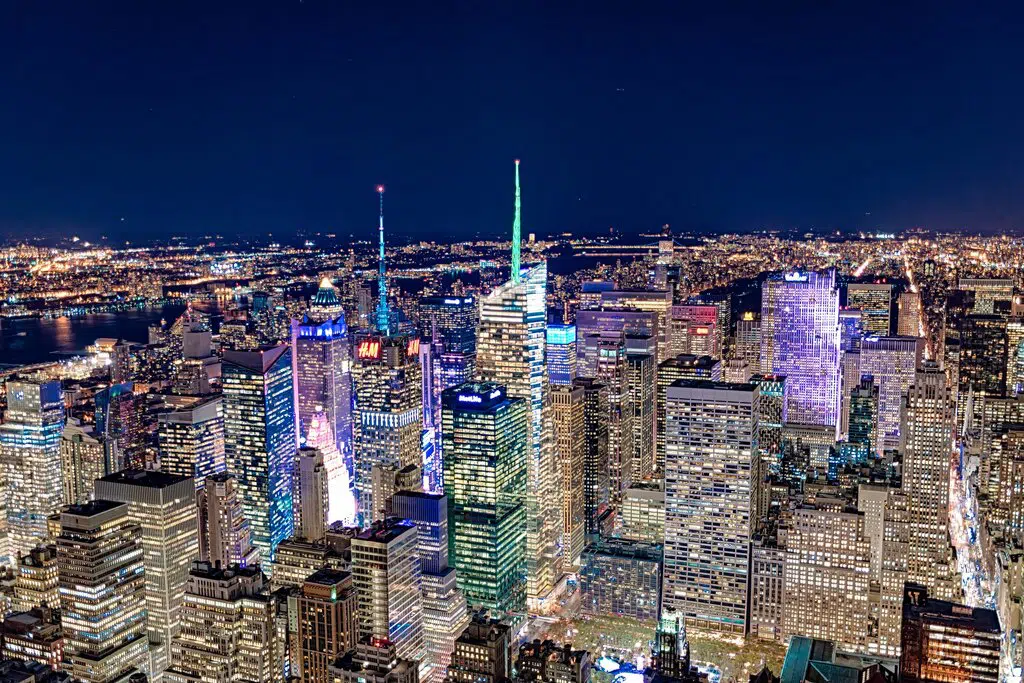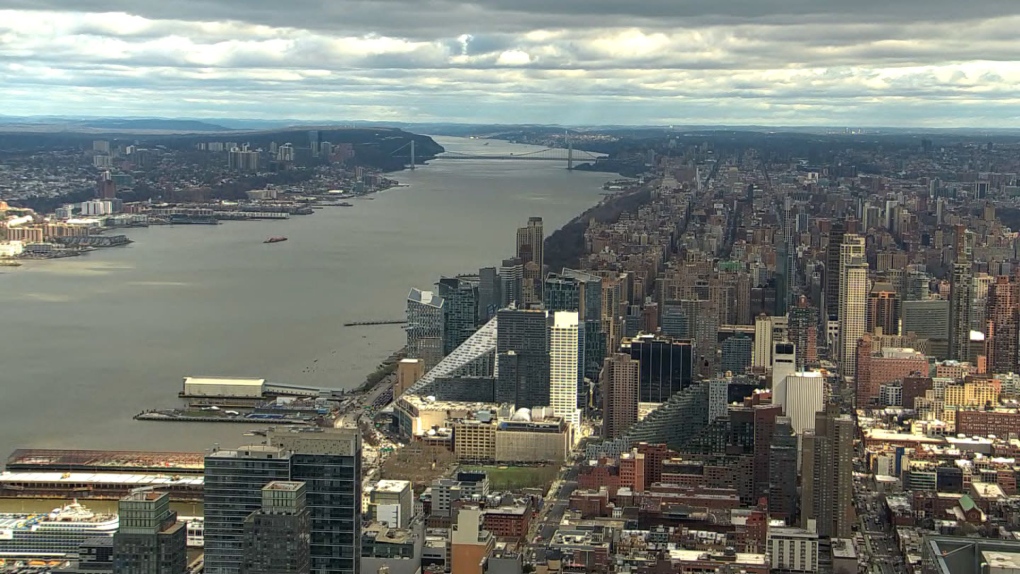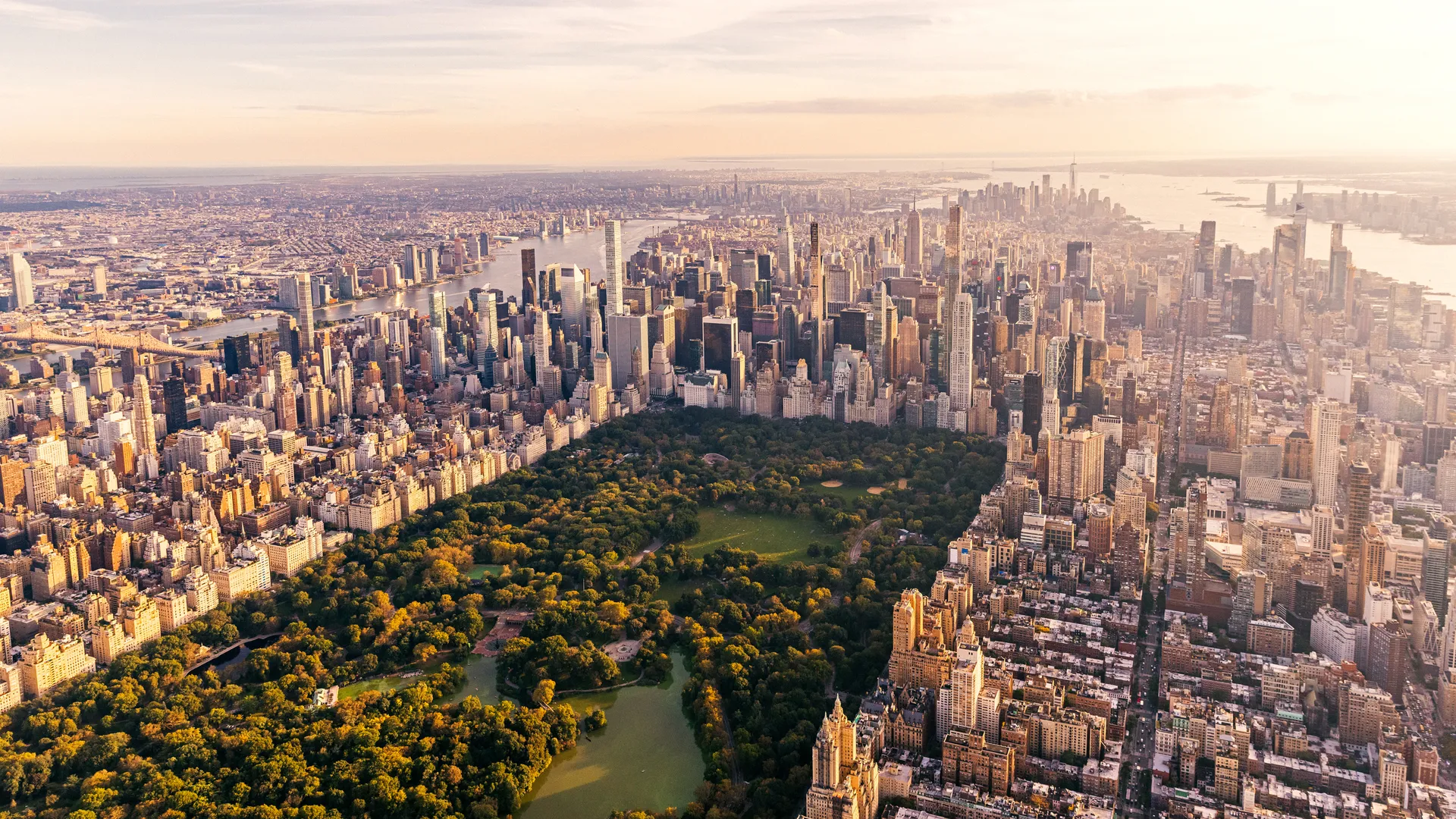On Friday morning, a magnitude 4.8 earthquake shook the northeastern United States, extending from Boston down to Baltimore at 10:23 a.m. ET, as reported by the U.S. Geological Survey (USGS).
Although no immediate reports of injuries or damage surfaced in New York City, where tremors persisted for over 30 seconds, the quake prompted numerous delays and temporary closures of transportation infrastructure in the vicinity.
The epicenter of the earthquake was pinpointed about 45 miles west of New York City and 40 miles east of Allentown, Pennsylvania, in an area north of Whitehouse Station, New Jersey, according to the USGS.

Earthquakes of this magnitude are relatively uncommon in the northeastern U.S., and the intensity and duration of Friday’s quake surprised individuals across the region. Notably, it marked the third-largest earthquake recorded in the New York metropolitan area in nearly 75 years.
Carl Quintanilla, reporting from the New York Stock Exchange in lower Manhattan, tweeted, “Everyone @NYSE just gave each other a big look,” capturing the immediate reaction to the tremors.
Despite the seismic event, the National Tsunami Warning Center assured that there was no threat of a tsunami along the East Coast.

An aftershock with a magnitude of 2.0 occurred at 11:20 a.m. ET in northern New Jersey. The USGS warned of a 46% likelihood of another earthquake of magnitude 3.0 or greater within the next week.
By 12:40 p.m. ET, departures at Newark Liberty International Airport resumed, albeit with one-hour delays.
United Airlines, a dominant carrier at Newark airport, diverted two flights due to the ground stop and experienced minor delays in flights to JFK and LaGuardia airports in New York.
The airline offered flexibility to passengers, allowing them to change flights without fees or fare differences until the following Thursday.

New Jersey Transit reported systemwide commuter rail delays of up to 20 minutes, while the Port Authority for New York and New Jersey temporarily closed the Holland Tunnel for traffic inspection.
President Joe Biden, after speaking with New Jersey Governor Phil Murphy, conveyed confidence in the situation, stating, “He’s not too concerned about it.”
A subsequent emergency alert from New York City advised citizens of potential aftershocks but encouraged normal activities to continue.







Leave a Reply